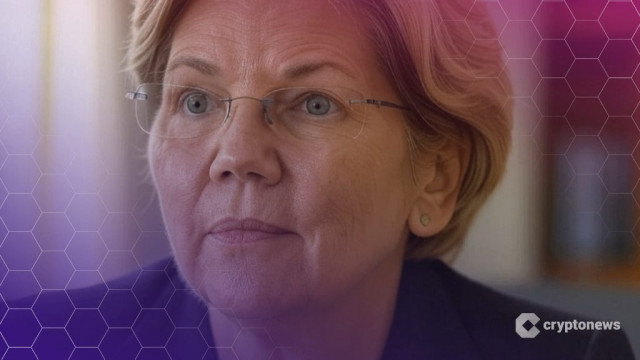
Stablecoin Bill Divides Lawmakers as Senator Warren Warns of Trump-Linked Conflicts of Interest
Stablecoin Bill Divides Lawmakers as Senator Warren Warns of Trump-Linked Conflicts of Interest

After Trump has signed the GENIUS Act, Washington has divided. Senator Warren has pressed Treasury over conflicts and consumer risks, while a stablecoin framework set by the bill has created OCC licensing, reserve rules, and disclosures, drawing support from industry and concern from bank groups.
Article Summary
**Stablecoin Regulation Sparks Congressional Division as Warren Raises Trump Conflict Concerns** The cryptocurrency market faces new regulatory uncertainty as lawmakers clash over the recently signed GENIUS Act's stablecoin provisions. Senator Elizabeth Warren has escalated concerns to the Treasury Department, highlighting potential conflicts of interest linked to Trump administration policies and mounting consumer protection risks in the digital asset space. The groundbreaking stablecoin bill establishes a comprehensive regulatory framework featuring Office of the Comptroller of the Currency (OCC) licensing requirements, mandatory reserve rules, and enhanced disclosure standards for cryptocurrency issuers. While blockchain industry advocates and DeFi protocols celebrate the regulatory clarity, traditional banking groups express skepticism about the new oversight structure. This legislative divide could significantly impact Bitcoin and broader cryptocurrency adoption, as stablecoins serve as crucial infrastructure for digital asset trading and decentralized finance applications. The bill's reserve requirements and licensing framework may reshape how cryptocurrency exchanges and blockchain platforms operate, potentially affecting market liquidity and trading volumes across major digital assets. Industry observers are closely monitoring Treasury Department responses and subsequent regulatory guidance that could influence cryptocurrency market dynamics.







